All products and services are For Research Use Only and CANNOT be used in the treatment or diagnosis of disease.
Vaccine production requires a very large production system, so the development of efficient expression systems is important for vaccine engineering. Creative Biolabs provides comprehensive information on protein expression for vaccine development and will help you choose the right expression system for your specific applications.
Creative Biolabs not only provides traditional expression systems, including mammalian cells, yeasts, and E. coli but also provides alternative systems such as transgenic animals, bacteria other than E. coli, plants and microalgae, insect cells, filamentous fungi, and cell-free systems.
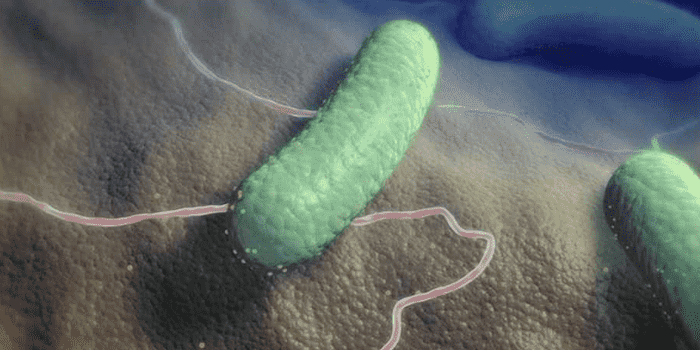
Bacteria are easy to culture, grow fast, produce high yields of recombinant proteins, therefore it serves as a quick and easy system for expression of recombinant proteins. The medium is cheap and the method for amplifying production is simple. The genetic operation is simple and suitable for large-scale fermentation. However, bacteria cannot perform the post-translational modification or molecular folding required for eukaryotic proteins.
Yeast cells grow fast, are easy to genetically manipulate, and have low-cost media, while providing some properties of higher eukaryotic systems (post-translational modifications and secretory expression). Recombinant vaccines produced in yeast strains other than Saccharomyces cerevisiae are new heterologous expression systems of high cell density, highly developed genetic systems, easy to use and low cost.
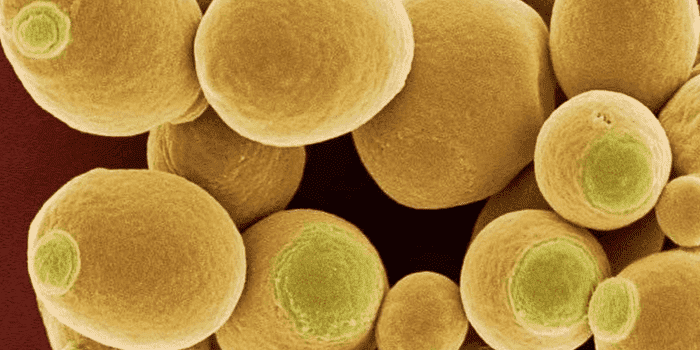
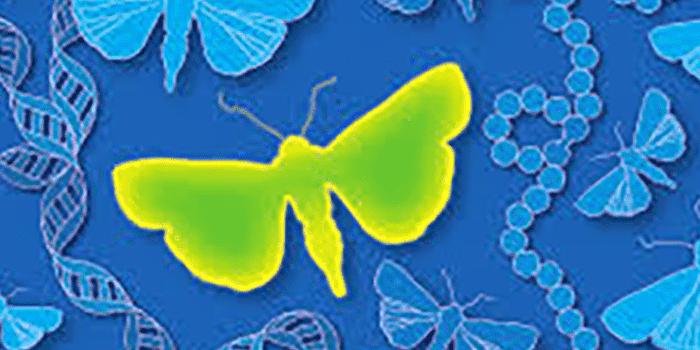
A large number of polyhedrin proteins produced by baculoviruses is an essential feature of the vector development for viruses to express foreign proteins. Today, baculovirus-insect expression systems are relatively mature in many laboratories for protein production and are becoming the primary method to produce high quality proteins in eukaryotic expression systems.
Mammalian expression systems can be used to produce a variety of immunological and biotherapeutic molecules with the most native structure and activity. Creative Biolabs provides viral vaccine production using a variety of mammalian cell lines, including Chinese Hamster Ovary (CHO), Human Embryonic Kidney 293 (HEK293), Vero, PER.C6, EB66, PER.C6, CAP, AGE1.CR, etc.
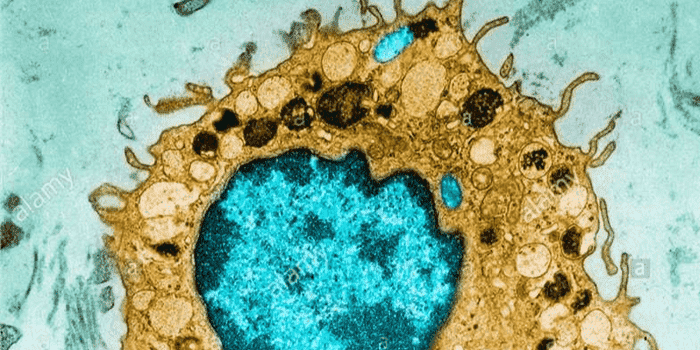
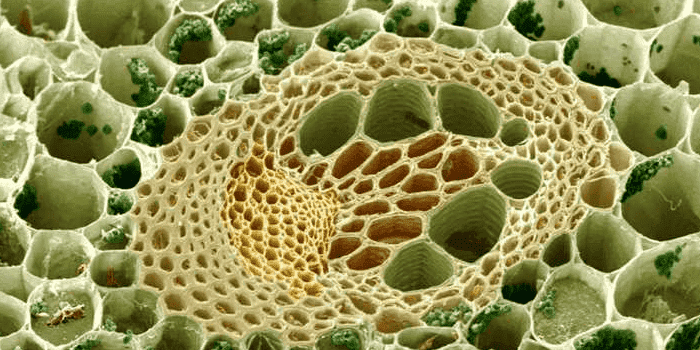
The plant expression system prepares a vaccine mainly by transferring vectors carrying antigen genes into plant cells and expressing the corresponding gene of interest in plants by means of stable or transient transformation. This has the advantage of facilitating the expansion of vaccine antigen production through the transgenic seed bank and the expression of vaccines in fruits and other edible plant organs, so oral administration of these vaccines avoids the hassle of subsequent processing of traditional vaccines.
The cell-free protein expression system (CFPS) utilizes enzymes and protein factors derived from cell extracts, exogenous DNA or mRNA as templates, and complements the substrates and energy materials required for translation to achieve in vitro synthesis of the target protein.
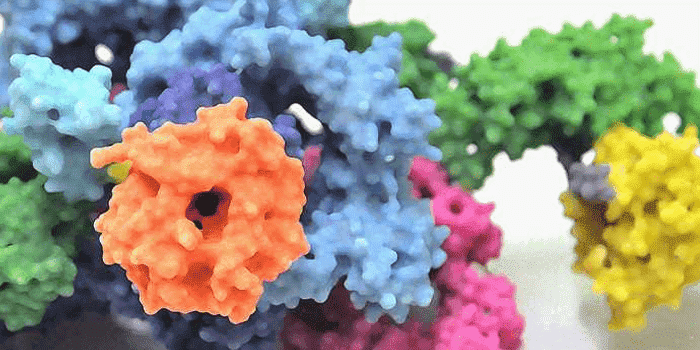
For more details, please feel free to contact us for project quotations and more detailed information.
For any technical issues or product/service related questions, please leave your information below. Our team will contact you soon.
 NEWSLETTER
NEWSLETTER
The latest newsletter to introduce the latest breaking information, our site updates, field and other scientific news, important events, and insights from industry leaders
LEARN MORE NEWSLETTER NEW SOLUTION
NEW SOLUTION
CellRapeutics™ In Vivo Cell Engineering: One-stop in vivo T/B/NK cell and macrophage engineering services covering vectors construction to function verification.
LEARN MORE SOLUTION NOVEL TECHNOLOGY
NOVEL TECHNOLOGY
Silence™ CAR-T Cell: A novel platform to enhance CAR-T cell immunotherapy by combining RNAi technology to suppress genes that may impede CAR functionality.
LEARN MORE NOVEL TECHNOLOGY NEW SOLUTION
NEW SOLUTION
Canine CAR-T Therapy Development: From early target discovery, CAR design and construction, cell culture, and transfection, to in vitro and in vivo function validation.
LEARN MORE SOLUTION